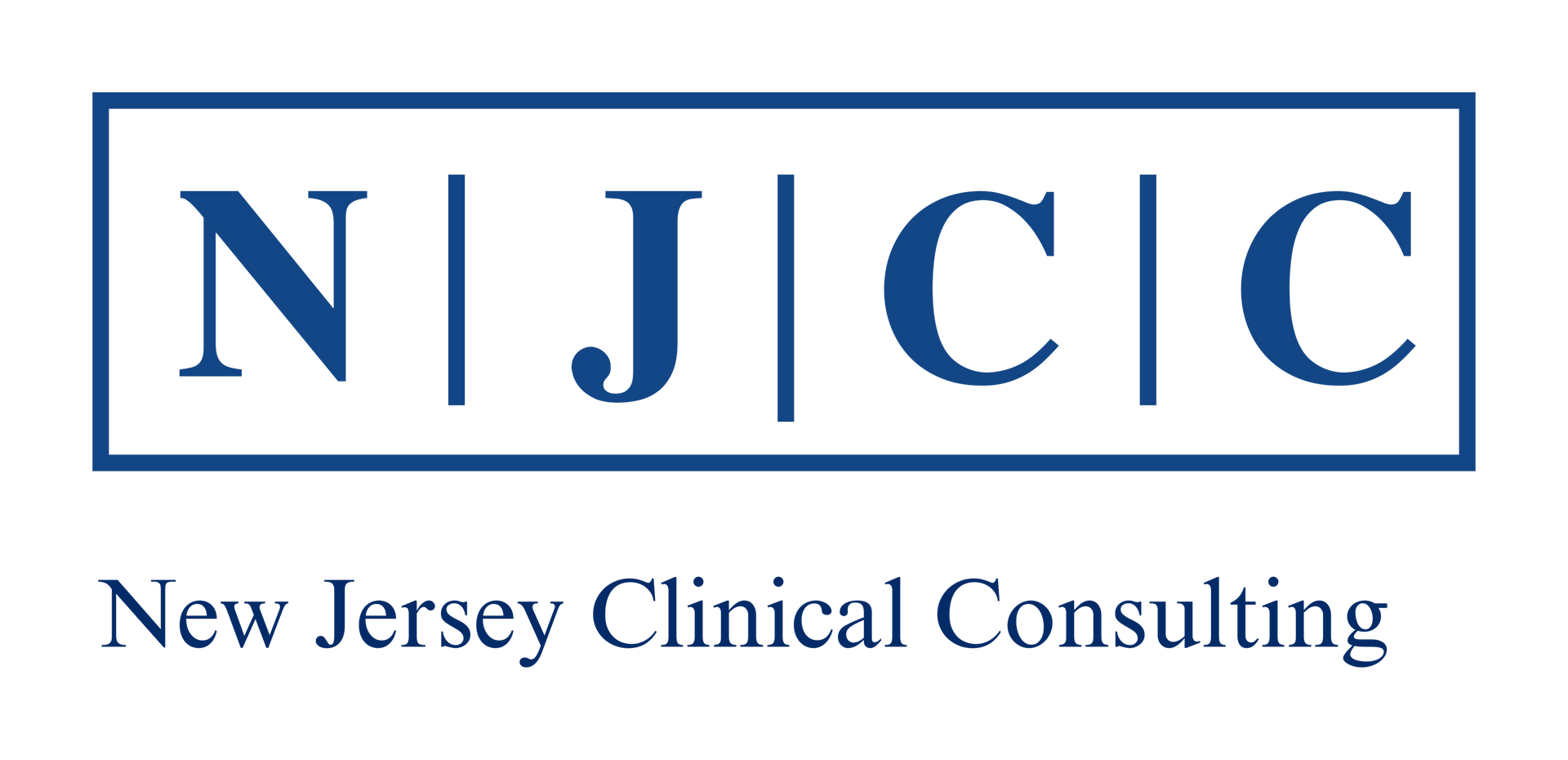Developing Strategic Internships for Nonprofits
Here are a few ways organizations can improve their workforce by developing strategic internships for graduate students.
As a non-profit leader working with graduate social work and psychology students, I have seen the immense potential that strategic internships hold in shaping our workforce. Not only do these internships provide valuable experience and skill development for the interns, but they also have a profound impact on our organization's staff retention, employee burnout, and candidate diversity.
Foster a supportive and engaging learning environment
An essential component of a successful internship is creating an environment that encourages learning, personal growth, and professional development. By offering interns a nurturing and supportive atmosphere, they will feel motivated to contribute their best work and will be more likely to stay engaged throughout the internship. This, in turn, results in a better experience for both the intern and the organization.
Provide meaningful work assignments and opportunities for skill development
Interns should be given meaningful tasks that allow them to develop and hone their skills. By involving them in projects relevant to their field of study, interns will be able to apply their theoretical knowledge in a practical setting. This not only enhances their learning experience but also contributes to the organization's overall goals.
Encourage collaboration and mentorship
Organizations should promote a culture of collaboration and mentorship between interns and experienced staff members. This not only helps the interns to build their professional network but also enables them to learn from the expertise of their mentors. Additionally, this collaborative environment can help reduce employee burnout by fostering a sense of teamwork and shared responsibility.
Establish clear expectations and goals
To ensure that both the organization and the intern benefit from the experience, it is crucial to set clear expectations and goals for the internship. By outlining the desired outcomes, interns will have a better understanding of what they need to achieve and can work more effectively towards these objectives.
Evaluate and provide constructive feedback
Regular evaluation and feedback are essential components of a successful internship. By providing constructive feedback on the interns' performance, organizations can help them improve their skills and grow professionally. This not only benefits the intern but also ensures that the organization reaps the full benefits of their contributions.
Promote a Culture of Diversity, Equity, Inclusion & Belongingness
Strategic internships can be a valuable tool for promoting diversity and inclusion in the workforce. By offering internships to graduate students from diverse backgrounds, organizations can tap into a wider range of perspectives, ideas, and experiences. This not only contributes to a more innovative and dynamic work environment but also helps to reduce biases and promote equity.
Organizations can significantly enhance their workforce by developing strategic internships for graduate students in social work and psychology.
By fostering a supportive learning environment, providing meaningful work assignments, promoting collaboration and mentorship, setting clear expectations, and prioritizing diversity and inclusion, organizations can effectively support staff retention, reduce employee burnout, and diversify their candidate pool. This approach benefits both the organization and the interns, creating a mutually beneficial partnership that can lead to lasting success.




